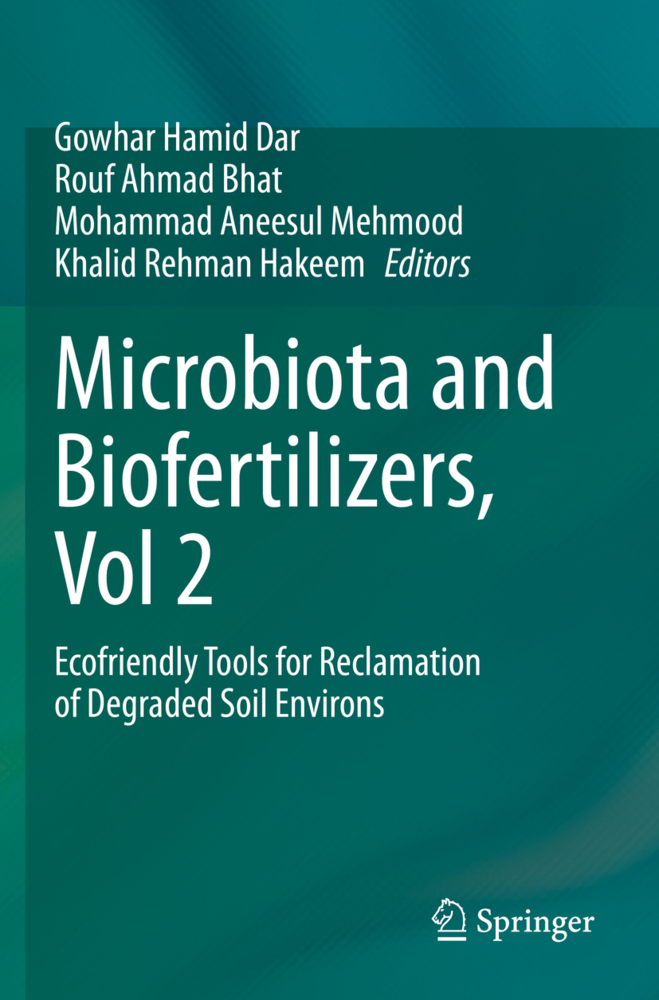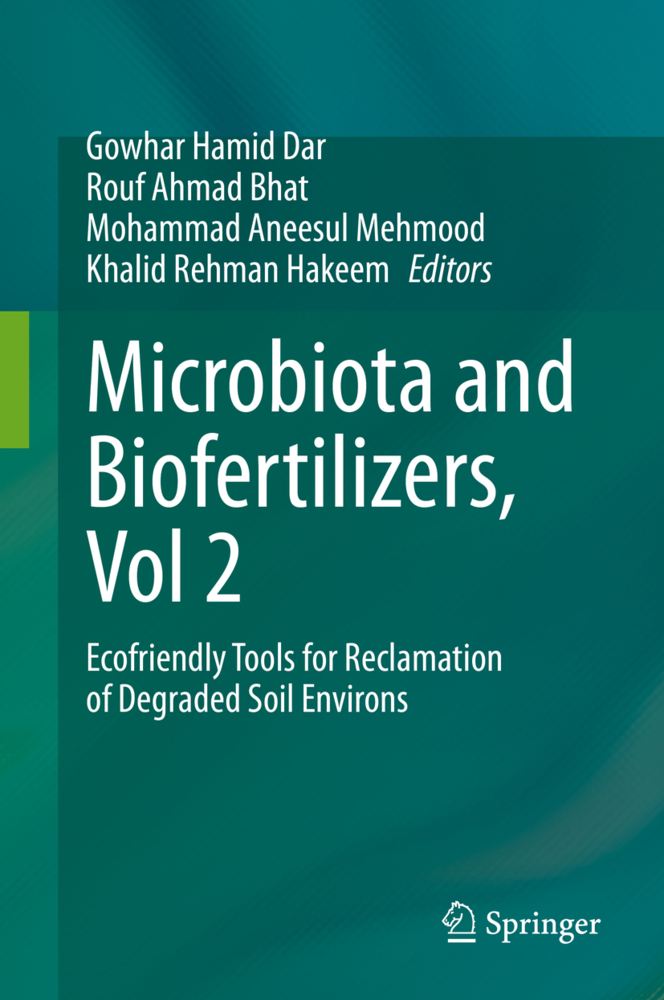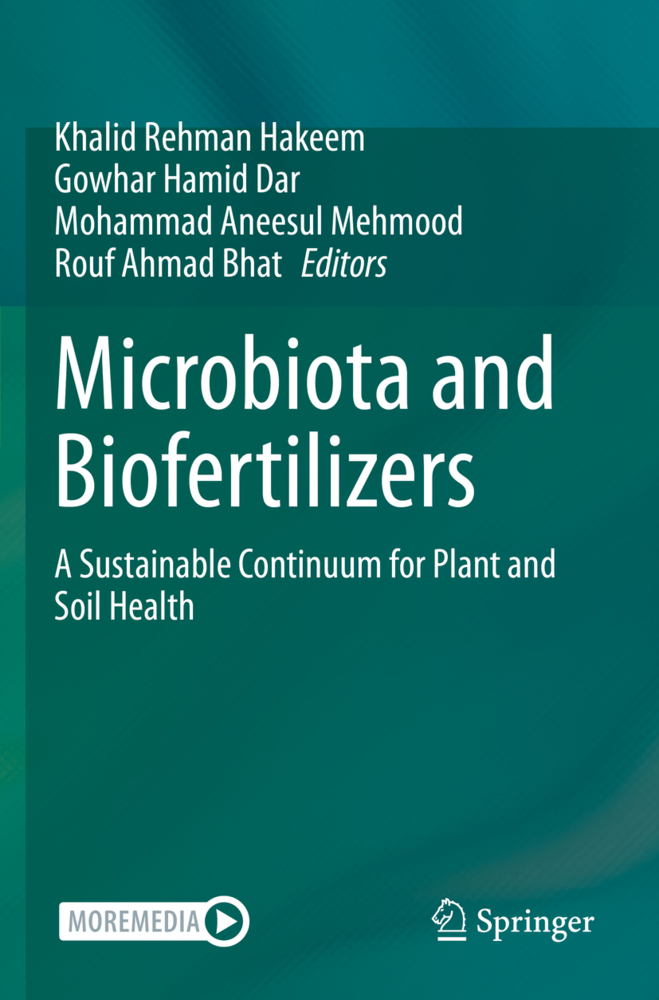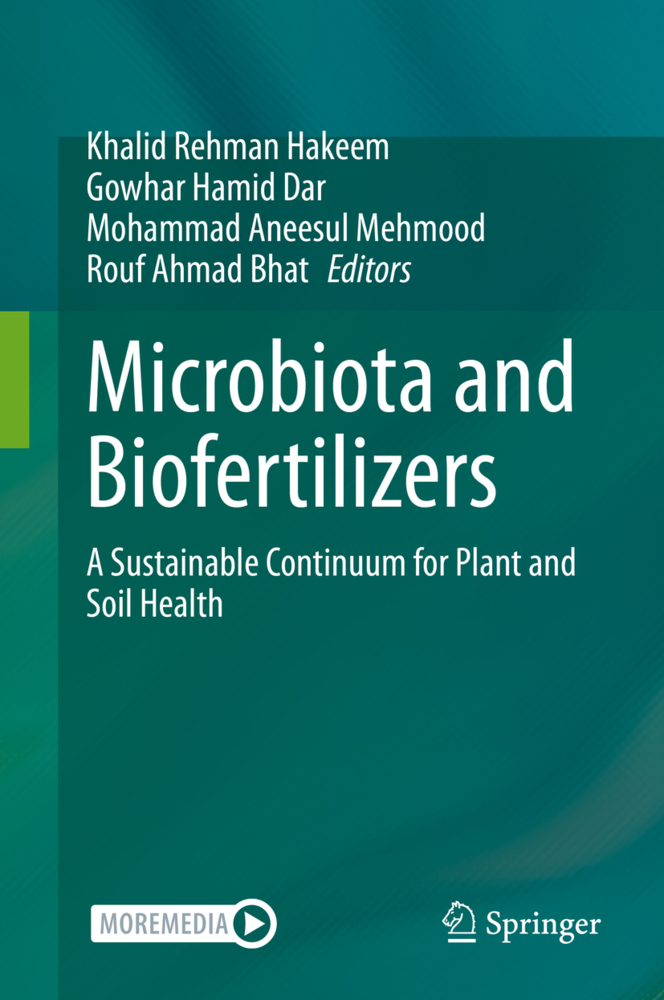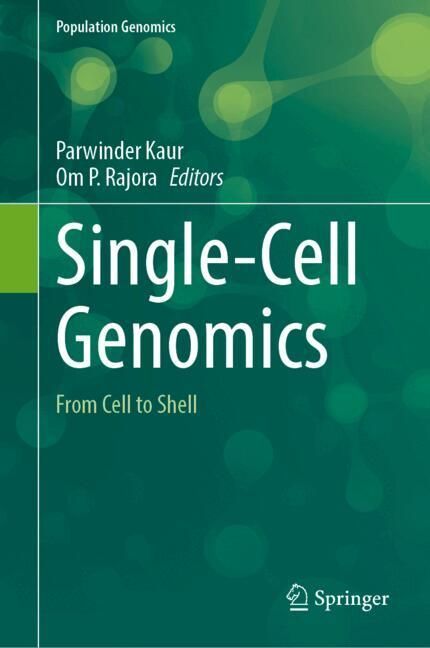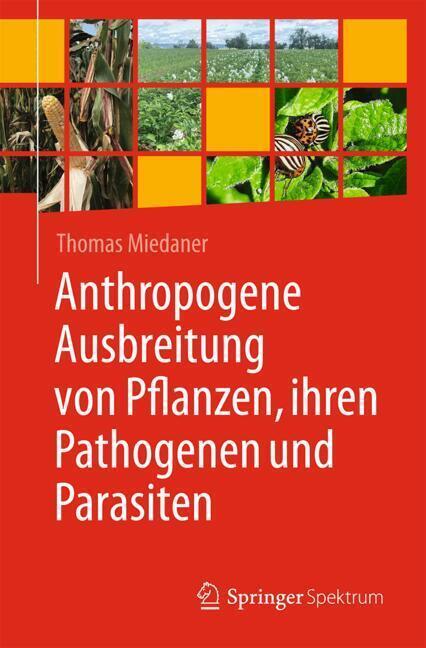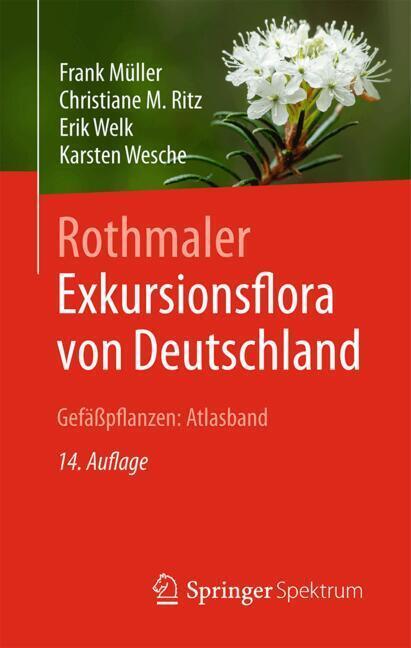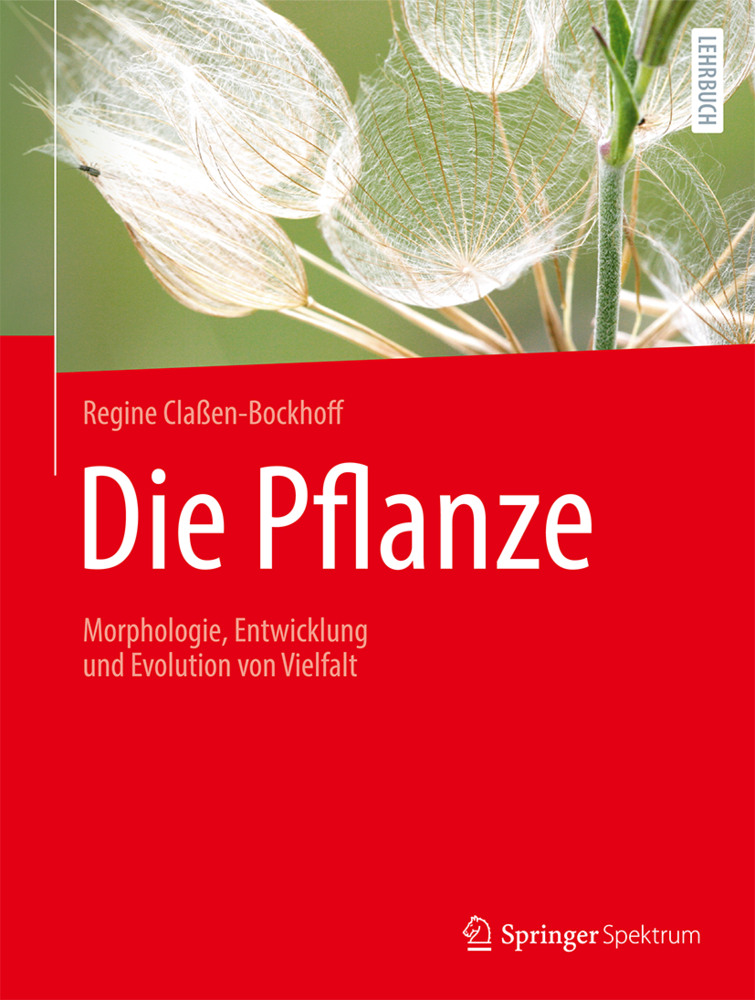Microbiota and Biofertilizers, Vol 2
Ecofriendly Tools for Reclamation of Degraded Soil Environs
Microbiota and Biofertilizers, Vol 2
Ecofriendly Tools for Reclamation of Degraded Soil Environs
The dependence of present farming on artificial input of "chemical fertilizers" has caused numerous ecological tribulations associated with global warming and soil contamination. Moreover, there is an essential requirement for realistic agricultural practices on a comprehensive level. Accordingly, biofertilizers including microbes have been recommended as feasible environmentally sound solutions for agricultural practices which not only are natural, and cost-effective but also preserve soil environs and important biota of agricultural land. In addition, it enhances the nutrient quantity of soils organically. Microbial biofertilizers promote plant growth by escalating proficient absorption of nutrients for the plants and by providing an excellent disease-fighting mechanism.Agriculture, the backbone of human sustenance, has been put under tremendous pressure by the ever-increasing human population. Although various modern agro-techniques boosted agricultural production, the excessive useof synthetic fertilizers, pesticides and herbicides have proven extremely detrimental to agriculture as well as to the environment in which it is carried out. Besides this some faulty agricultural practices like monoculture and defective irrigation, further complicate the scenario by eliminating biodiversity, increasing the efflux of nutrients into the water bodies, the formation of algal blooms, eutrophication, damaging the water quality and lowering fish stocks.Biofertilizers are the organic compounds applied to crops for their sustainable growth and the sustainability of the environment as the microbiota associated with biofertilizers interact with the soil, roots and seeds to enhance soil fertility. Application of biofertilizers results in the increased mineral and water uptake, root development, vegetative growth and nitrogen fixation besides liberating growth-promoting substances and minerals that help the maintenance of soil fertility. They further act as antagonists and play a pivotal role in neutralising soil-borne plant pathogens and thus, help in the bio-control of diseases. Application of biofertilizers instead of synthetic fertilizers could be a promising technique to raise agricultural productivity without degrading environmental quality.
Chemical fertilizers and their impact on soil health
Microbial Bioremediation of Pesticides/Herbicides in Soil
Pollution cleaning up techniques
Role of Mushrooms in the Bioremediation of Soil
Microbial degradation of organic constituents for sustainable development
Traditional farming practices and its consequences
Soil organic matter and its impact on soil properties and nutrient status
Sustainable Agricultural Practices
Values of Composting
Introduction to Microbiota and Biofertilizers
Fungi and their potential as Biofertilizers
Bacillus thuringiensis as a Biofertilizer and Plant Growth Promoter
Cyanobacteria as Sustainable Microbiome for Agricultural Industries
Intercropping: A Substitute but Identical of Biofertilizers
Application of Phyllosphere Microbiota as Biofertilizers
Biofertilizers: A Viable tool for future organic agriculture
Index.
The present book focuses on the latest research approaches and updates from the microbiota and their applications in the agriculture industry. We believe this book addresses various challenges and shed lights on the possible future of the sustainable agricultural system.
Foreword
PrefaceChemical fertilizers and their impact on soil health
Microbial Bioremediation of Pesticides/Herbicides in Soil
Pollution cleaning up techniques
Role of Mushrooms in the Bioremediation of Soil
Microbial degradation of organic constituents for sustainable development
Traditional farming practices and its consequences
Soil organic matter and its impact on soil properties and nutrient status
Sustainable Agricultural Practices
Values of Composting
Introduction to Microbiota and Biofertilizers
Fungi and their potential as Biofertilizers
Bacillus thuringiensis as a Biofertilizer and Plant Growth Promoter
Cyanobacteria as Sustainable Microbiome for Agricultural Industries
Intercropping: A Substitute but Identical of Biofertilizers
Application of Phyllosphere Microbiota as Biofertilizers
Biofertilizers: A Viable tool for future organic agriculture
Index.
Dar, Gowhar Hamid
Bhat, Rouf Ahmad
Mehmood, Mohammad Aneesul
Hakeem, Khalid Rehman
| ISBN | 978-3-030-61012-8 |
|---|---|
| Artikelnummer | 9783030610128 |
| Medientyp | Buch |
| Copyrightjahr | 2022 |
| Verlag | Springer, Berlin |
| Umfang | XXVII, 350 Seiten |
| Abbildungen | XXVII, 350 p. 174 illus., 167 illus. in color. |
| Sprache | Englisch |

